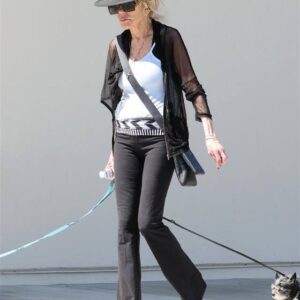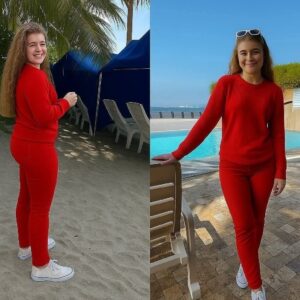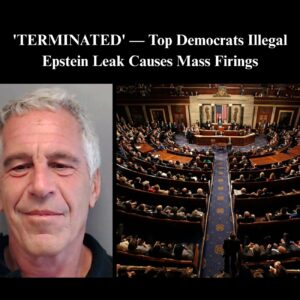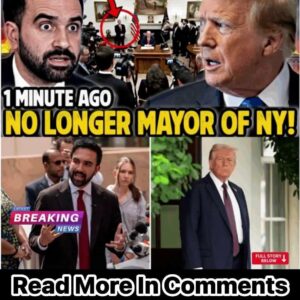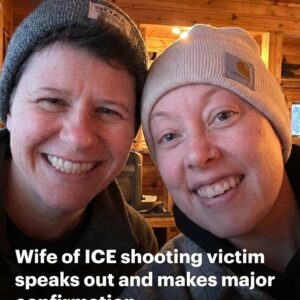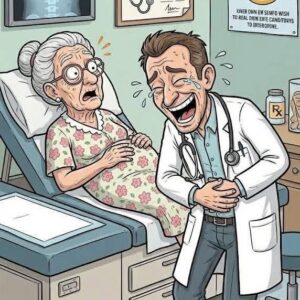Once a prominent figure among Kyiv’s elite, Richard Levinson was the kind of man people once admired from afar. But those days were long gone. His luxurious mansion now echoed with silence and loss, haunted by the absence of his only son, Leo, who had tragically passed away five years earlier. Every Sunday, without fail, Richard visited Leo’s grave, leaving a bouquet of white lilies—Leo’s favorite. It was his way of clinging to memory, of maintaining a fragile connection.
One rainy afternoon, as he placed the flowers gently by the headstone, Richard noticed a small boy sitting nearby. The child looked oddly familiar, though Richard couldn’t quite place why. Before he could approach him, the boy darted off into the rain. The encounter unsettled Richard. Something about the boy lingered in his thoughts.
He asked his longtime assistant, Daniel, to find out who the child was.
What Daniel uncovered shook Richard’s world. The boy’s name was Noah, and he lived in near poverty with his mother, Clara, in the outskirts of the city.
Clara had kept a low profile, rarely interacting with others. When Richard arranged to meet her in a run-down warehouse, emotions ran high. That’s when she revealed the truth: Leo was Noah’s father.
She had chosen not to tell Richard after Leo’s death, fearing backlash, judgment, and uncertainty. But now the truth was out—and it changed everything. Stunned yet resolute, Richard offered Clara and Noah his support. He didn’t ask for explanations or forgiveness. He only asked to be a part of the boy’s life.
He started slowly. He helped Noah enroll in school, paid for tutors, and ensured they had a better place to live. Groceries were delivered regularly
. Clara, though hesitant, accepted the help for Noah’s sake. Over time, Richard spoke often of Leo—his warmth, his talents, his flaws—and in doing so, helped Noah connect with the father he never met. Gradually, Noah flourished. He made friends. He smiled more. He began to feel like a kid again.
When Noah came down with bronchitis, Richard insisted they move into his mansion temporarily so he could recover properly.
At first, Clara resisted. The house was overwhelming, far too grand for a modest woman used to surviving on her own. But within those marble halls, something unexpected began to grow: comfort, routine, belonging. Richard reassured her—if they wanted to stay, the mansion was theirs too.
Clara slowly let her guard down. As winter gave way to spring, the mansion transformed. Laughter returned to its rooms. Noah played soccer in the yard and aced his spelling tests. Clara began working part-time again, regaining her independence. Family dinners replaced lonely takeouts. Richard began prioritizing bedtime stories and school drop-offs over board meetings. He no longer feared silence—it had been replaced with the joyful noise of a home being healed.
The sharp edges of grief dulled into a bittersweet ache. Richard missed Leo terribly, but he found solace in watching Noah grow. The boy carried so many of Leo’s traits: his curiosity, his quick wit, his kind heart. In time, Richard understood that his legacy wasn’t in business accolades or financial empires—it was in this quiet redemption, in the family that had found its way to him unexpectedly.
Years later, Richard, Clara, and Noah still visited Leo’s grave together. The tradition endured, but now it came with laughter, stories, and shared memories. One day, as they stood by the stone, Noah whispered, “I’m glad I know you, Grandpa. And I’m glad I get to know the people Dad loved.”
In that moment, Richard felt something shift inside—a peace he hadn’t known in years. The mansion, once a monument to wealth and isolation, had become a sanctuary of second chances. It was no longer a place of sorrow, but a testament to love reborn in the face of loss.
True success, Richard realized, wasn’t measured in contracts signed or empires built. It was found in the small hand that reached for his on a stormy day, in the woman who stood tall despite years of hardship, and in the boy who gave him a reason to hope again.
Love had returned to his life—not with grand declarations, but with quiet moments, with shared meals, with warm light spilling from windows that had stayed dark for too long. And in the most unexpected way, Richard had found what he’d lost: not just a family, but himself.
